Efficient Study Techniques for Tackling Advanced Math Topics

When it comes to difficult topics, mathematics may often feel like an overwhelming mountain to climb. The difficulties of learning differential equations, calculus, or linear algebra might make anyone want to give up. However, what if there were strategies for dealing with these difficult topics that would make them seem more like stepping stones than obstacles? This post will discuss effective study strategies that can give you the confidence you need to take on challenging arithmetic problems.
1. Make Use of Active Learning Strategies
When studying advanced math, passive learning methods like simply reading textbooks or watching videos often fall short in helping you fully grasp the material. Active learning, on the other hand, requires you to engage directly with the content. A powerful technique is solving problems without looking at the answers immediately. You can also try explaining complex concepts aloud as if you were teaching them to someone else, which forces you to break down the material into simpler terms and solidify your understanding. If you struggle to keep up with the pace of self-study or face challenges in managing your workload, seeking help from an online writing service can be a great option. Online essay writing service Edubirdie not only offers assistance with assignments and essays but also helps clarify difficult math concepts through expert tutoring or personalized explanations, providing a fresh perspective on the material.
Additionally, incorporating spaced repetition into your study routine can significantly boost retention. Spacing out your practice of specific topics over increasing intervals helps reinforce long-term memory. While you might find this process time-consuming, it’s essential for mastering advanced math. If you’re feeling overwhelmed or need a more structured approach to your studies, the online writing service EduBirdie can help you organize and prioritize your study tasks. By breaking down complex mathematical theories and giving you concise notes or summaries, such services make it easier for you to focus on understanding the core concepts rather than being bogged down by excessive information. This approach ensures that your learning process is both effective and efficient, providing the support you need to tackle even the most challenging math topics.
2. Recognize the basics Initially
Making sure you have a firm grasp of the fundamentals is essential before delving deeply into more complex ideas. Foundational notions are built upon in advanced math. You risk becoming bogged down in more complex content if you don’t have a firm understanding of the underlying ideas.
If you were building a house, you wouldn’t begin with the foundation before the roof, would you? In math, the same reasoning holds true. Go back and review prior topics if you are having trouble with more complex ones. For instance, make sure you are proficient in algebra and trigonometry before beginning to study calculus. When these foundational elements are established, learning increasingly complex content will seem like a logical next step.
3. Divide Complicated Issues Into Smaller Components
When taken as a whole, advanced arithmetic problems can frequently feel daunting. The secret to effectively addressing these issues is to divide them into smaller, easier-to-manage components. Try to solve the problem one step at a time rather than getting bogged down in it all at once.
Don’t attempt to solve a complex differential equation all at once, for instance. Prior to stitching the equation together, begin by simplifying it, separating variables, and solving smaller components. It’s similar to assembling a puzzle in that you begin with a few pieces and work your way up to the finished product.
This method not only helps you better grasp the different processes involved in complex situations, but it also makes them less daunting. You’ll eventually come up with a precise, systematic strategy for handling even the most challenging issues.
4. Do it over and over again
There is no quick way to learn the complicated ideas behind math. The more you practice, the better you’ll feel. On the other hand, not all exercises are the same. It’s more important to solve different kinds of problems than to solve the same kind of problem over and over again.
Allow us to say that you are studying integral calculus. It’s important to do more than just easy integration problems. You should also work through word problems, use integration in real life, and give yourself tasks that are harder and harder. The goals are to improve your problem-solving skills and make you more flexible in how you deal with different types of problems.
Also, it’s important to learn from your mistakes. Try to figure out why you did something wrong for a while. Did you get the problem wrong? Did you miss anything? By looking at your mistakes, you can improve your understanding of the subject and stop yourself from making the same ones again.
5. Use Charts and Graphs to Help you
A lot of the time, advanced math topics include abstract ideas that are hard to understand with just numbers. In this case, visual tools are helpful. Graphs, charts, and diagrams can help you see things more clearly and give you a new viewpoint.
If you are studying vector spaces or multivariable calculus, for example, using 3D graphs to see the problem might help you understand it better than just looking at the numbers. An even simple example can help you understand what algebraic formulas mean in terms of geometry.
A graphing computer or a program like GeoGebra can also be used to see and work with mathematical functions. Not only do these tools make the material more interesting, but they can also help you get a better sense of how mathematical ideas are used in real life.
6. Keep Your Math Notes in Order With a Notebook
Getting organized is important for all subjects, but math needs it the most. A well-kept notebook can be helpful when going over old notes or trying to understand a difficult idea.
You should do more than just write down notes in class in your math notebook. It can help you find important formulas or theories, keep track of how you solve problems, and see where you went wrong. This will be a quick reference guide for when you need it the most.
You can also stay on task by putting your notes into groups based on topics and using color coding or clear parts. When you’re learning advanced math, it’s easy to forget which formula works for which type of problem. Keeping your notebook neat will help you find the information you need quickly.
7. Don’t Be Afraid to Ask for Help
Even the best students have problems from time to time. If you are having trouble understanding something, don’t be afraid to ask for help. Asking a professor, teacher, or study group for help with a tough subject could save you a lot of time and stress in the long run.
Being a part of a study group can also help you learn new things about the subject. Talking to other people about a problem can help you see it in a new way and come up with ideas you wouldn’t have thought of on your own.
Concusion
To fully understand difficult math ideas, you need to be persistent, patient, and give it time. Effective study techniques, such as building a strong foundation, breaking problems down into smaller parts, using active learning, practicing often, visualizing concepts, staying organized, and asking for help when you need it, can make the process easier to handle and even fun. Remember that math isn’t about memorizing figures; it’s about getting a better sense of how things work in the world. If you use these methods, you’ll be ready to solve even the hardest math questions. So, don’t be afraid to take on a tough math subject the next time. Take on the task, but be careful.
Related to This Article
More math articles
- 10 Most Common 6th Grade IAR Math Questions
- Subtracting 2-Digit Numbers
- Using Number Lines to Represent Rational Numbers
- Fractional Forecasts: How to Estimate Sums and Differences Using Benchmarks
- 5 Signs to Understand You’re Good at Math
- Writing Functions
- Standard Form of a Circle
- PERT Math Formulas
- The Ultimate NDSA Algebra 1 Course (+FREE Worksheets)
- How to Compare Rational Numbers






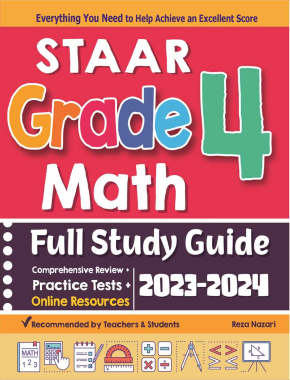

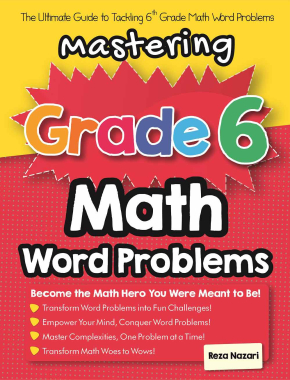
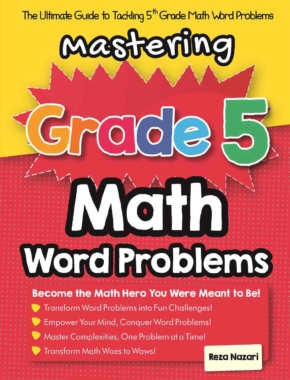
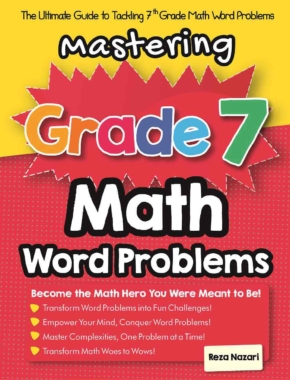
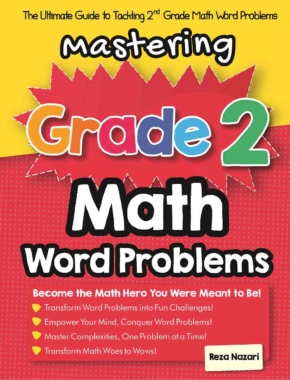
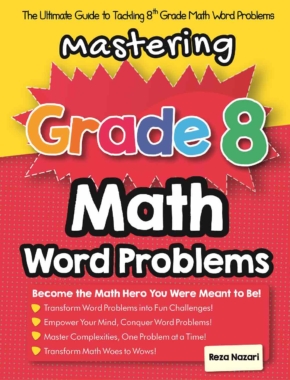
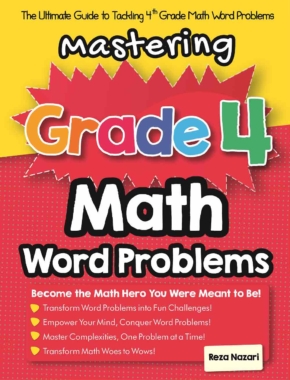
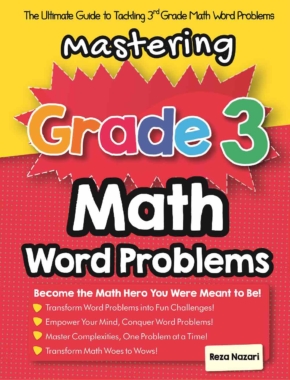



What people say about "Efficient Study Techniques for Tackling Advanced Math Topics - Effortless Math: We Help Students Learn to LOVE Mathematics"?
No one replied yet.